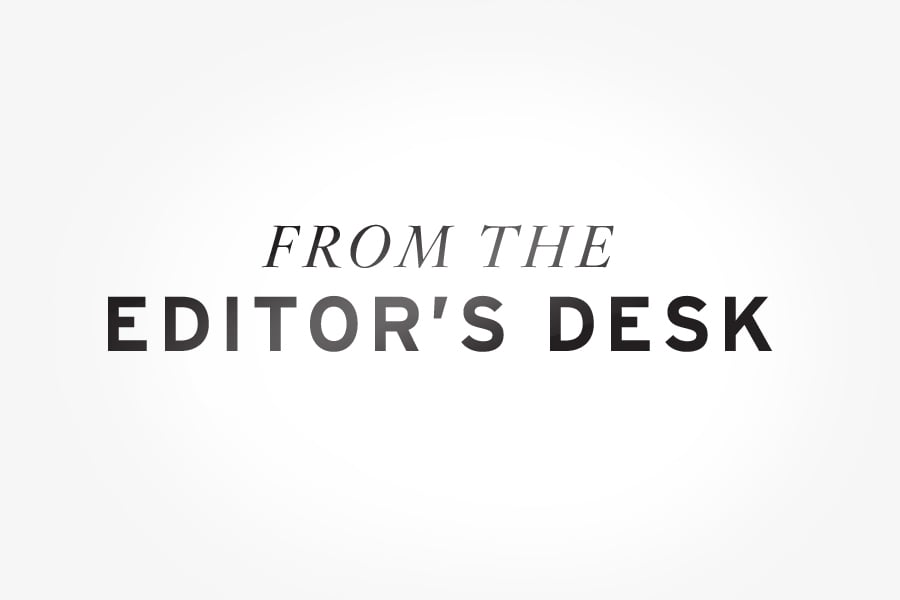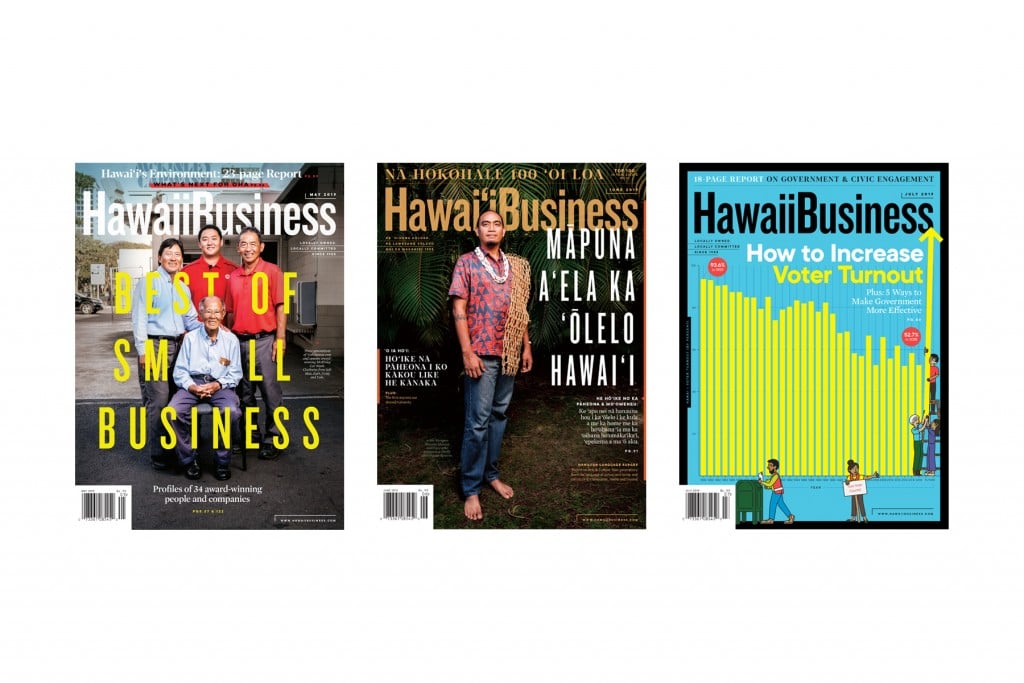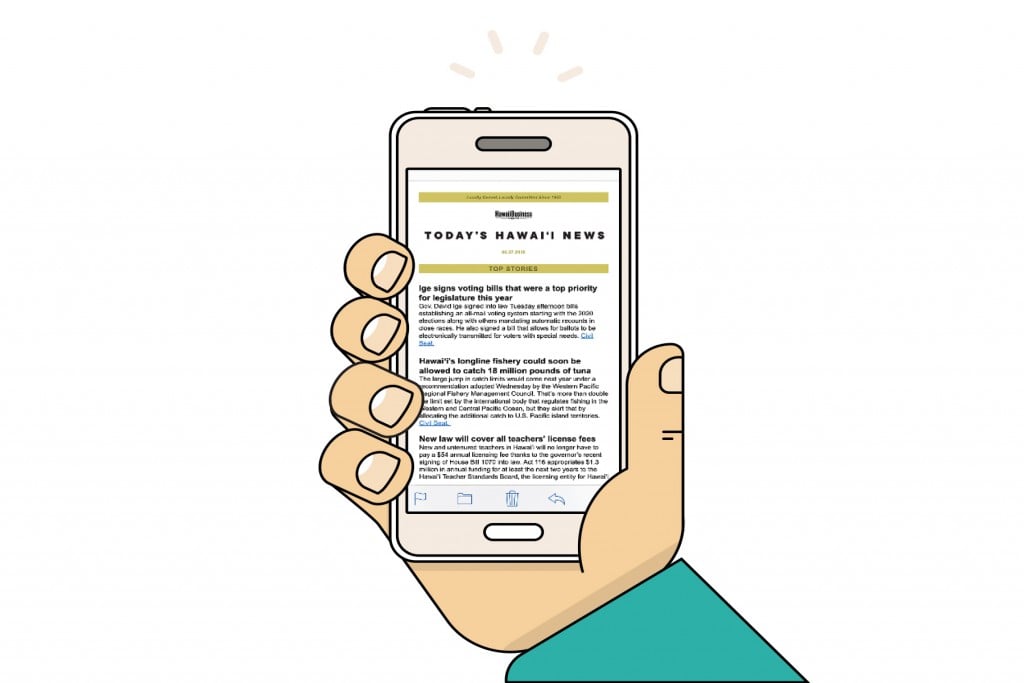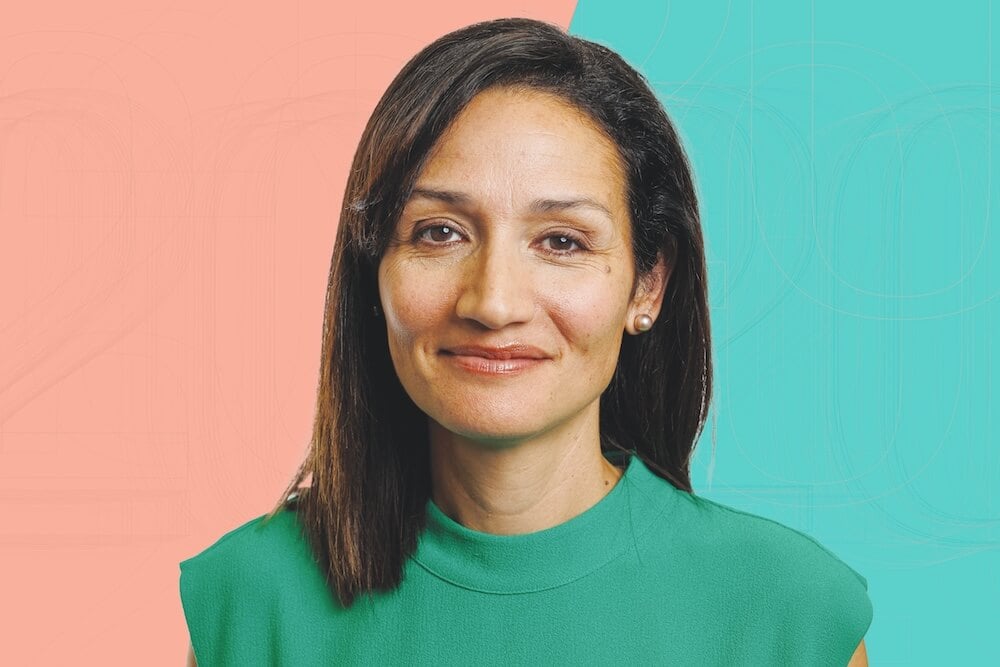From the Editor: An Open Mind – Living With Paradox

“The test of a first-rate intelligence is the ability to hold two opposed ideas in mind at the same time and still retain the ability to function.”
I love that quote of F. Scott Fitzgerald because I believe a real understanding of life and our world comes from accepting ambiguity and paradox, and rejecting absolute answers to common problems.
I am reminded of these principles by senior writer Beverly Creamer’s feature on persistent pockets of unemployment in Hawaii, and by a new autobiography, “Hillbilly Elegy: A Memoir of a Family and Culture in Crisis.” The elegy’s author is J.D. Vance – a former Marine, Yale Law School graduate and now venture capitalist in Silicon Valley – who tells about growing up amid a dysfunctional white working-class culture in Ohio. For those who don’t understand Donald Trump’s appeal to the vast majority of white Americans without college degrees (or think racism is the only explanation), this book offers valuable insight.
The paradox of Vance’s life was taught to him early by his grandmother, who he calls “Mamaw.” He explained it well in an interview with “The American Conservative.”“Obviously, the idea that there aren’t structural barriers facing both the white and black poor is ridiculous. Mamaw recognized that our lives were harder than rich white people, but she always tempered her recognition of the barriers with a hard-nosed willfulness: ‘Never be like those a–holes who think the deck is stacked against them.’ In hindsight, she was this incredibly perceptive woman. She recognized the message my environment had for me, and she actively fought against it.
“It’s not easy, especially in our politically polarized world, to recognize both the structural and cultural Barriers that so many poor kids face.” – JD
“There’s good research on this stuff. Believing you have no control is incredibly destructive, and that may be especially true when you face unique barriers. The first time I encountered this idea was in my exposure to addiction subculture, which is quite supportive and admirable in its own way, but is full of literature that speaks about addiction as a disease. If you spend a day in these circles, you’ll hear someone say something to the effect of, ‘You wouldn’t judge a cancer patient for a tumor, so why judge an addict for drug use?’
“This view is a perfect microcosm of the problem among poor Americans. On the one hand, the research is clear that there are biological elements to addiction – in that way, it does mimic a disease. On the other hand, the research is also clear that people who believe their addiction is a biologically mandated disease show less ability to resist it. It’s this awful catch-22, where recognizing the true nature of the problem actually hinders the ability to overcome.”
Like Vance, I grew up working class, but my parents were immigrants, and had the optimism and ignorance of newcomers; they knew barriers existed, but shared the notion that your problems were mostly your own fault. That ignorance was a great gift to me and I know that, if my parents had been the third or fourth generation in poverty, the optimism would probably have been absent and my life very different.
In Bev’s article, the barriers faced by people living in poor, rural parts of Hawaii are plentiful and harsh. For those of my generation who consider themselves self-made people and who insist, “If I can do it, they can, too,” we must be careful to recognize the world has changed drastically: A college degree is far more essential to success today, and housing in Hawaii has become so expensive that one false financial step or one lost job can create a downward spiral that quickly leads to homelessness.
One of the greatest public policy challenges for decades – and likely for decades to come – is to create programs that enable the poor to succeed, without creating dependence. A hand up, not a handout, to quote the cliche. I doubt we will ever find a silver bullet, but I admire those in Bev’s story who are trying to give Hawaii’s struggling people a path to financial independence. I will give Vance the last word because he says it so well:
“It’s not easy, especially in our politically polarized world, to recognize both the structural and the cultural barriers that so many poor kids face. But I think that if you don’t recognize both, you risk being heartless or condescending, and often both.”






